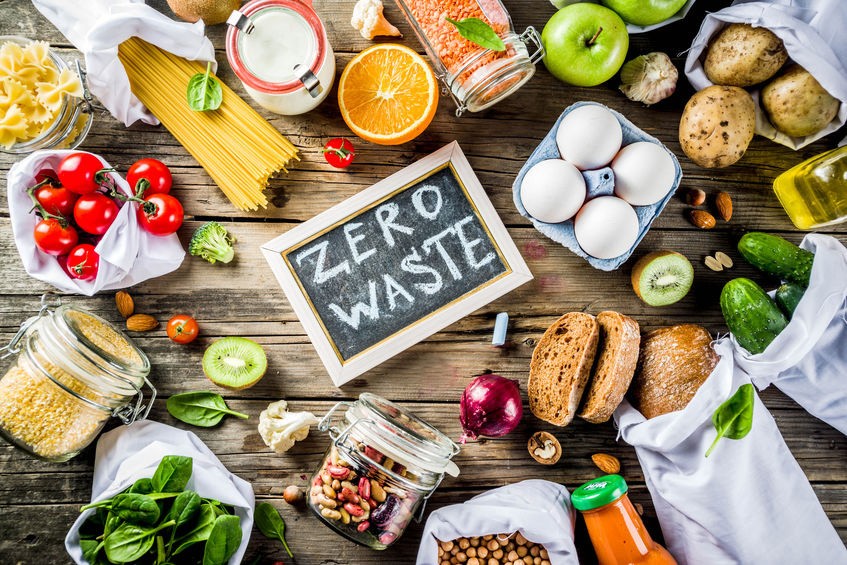The average household can create a lot of plastic, cardboard, paper, and food waste. These items are thrown into the garbage, where they are then sent to landfills. These landfills then create something called greenhouse gas, which harms the ozone layer and gradually increases the earth’s overall temperature.
Even if some of the waste your household creates is sent to recycling plants, it’s important to keep in mind that these centers also produce their own carbon footprint and are not nearly as effective as people would like to believe at reusing recyclable materials.
Therefore, it is of the utmost importance that households around the globe focus on reducing their overall waste, instead of relying on secondary measures to help the environment. Here is a simple step-by-step guide to creating a big dent in your family’s household waste.
Step 1: Reducing Parenting Waste
Simply raising children in the modern world can create an incredible amount of waste. One of the most effective methods for reducing waste is to switch to cloth diapers and reusable wipes. It doesn’t have to be all or nothing, but even just using these reusable items while at home during the day can greatly reduce your household’s overall waste.
A way to make an even larger impact is to teach your children the importance of keeping waste to a minimum. By teaching them about waste reduction and other ways of helping the environment, you will be helping to create a better future for the world.
Step 2: Reducing Kitchen Waste
The kitchen is one of the largest waste producers in your home. You can start by doing away with most food waste through the practice of composting. Remember to avoid anything that is greasy or will grow harmful bacteria, like meat. Fruits, vegetables, coffee grounds, and eggshells are all great choices for your compost pile.
To reduce plastic and cardboard waste, you can purchase food items in bulk and avoid the use of individualized snacks or drinks. When possible, try to purchase drinks in glass jars, because these can be re-used numerous times before they must be thrown away. Avoid the use of paper plates or plastic utensils. You can also do away with paper towels and napkins by using washcloths and cloth napkins instead.
Step 3 Reducing Bathroom Waste
The bathroom is another place where a lot of waste is produced, and it also happens to be the room where most people are at a loss as to how to reduce that excess waste. The first thing you can do is purchase larger sized bathroom products like shampoo, conditioner, body wash, or hair spray. This will reduce the amount of packaging used overtime.
Women can also consider reusable feminine hygiene products, like cloth pads and menstrual cups. This will also help save a considerable amount of money, albeit it isn’t for everyone.
Step 4: Reusing Household Items
Anything that can be reused or re-purposed should be. While there will still be some waste created, it will be considerably less than if everything was thrown away. For example, plastic sandwich bags can be washed and reused.
Glass jars that come from baby food, juice, or sauces can be used for many different things around the home before they are thrown away. Just a few examples include using them as vases, containers to store leftovers in, or made into small object storage.
Step 5: Keeping It Digital
Whenever possible, avoid the use of paper by keeping everything digital. You can have most (if not all) your bills delivered via e-mail instead of postal mail. Take notes on your computer, or even on a personal dry erase board instead of scratch paper. If you do have to use paper for something, make sure you utilize both sides of the paper in its entirety. Many stores even allow families to use digital coupons from their loyalty card instead of printing them out at home.
Using the above five steps can help to drastically reduce your household waste. This, in turn, prevents a large number of items from heading to landfills where they would otherwise further contribute to the production of greenhouse gases. While one person can make a difference on their own, a more widespread reduction in waste is more effective.






Leave A Comment